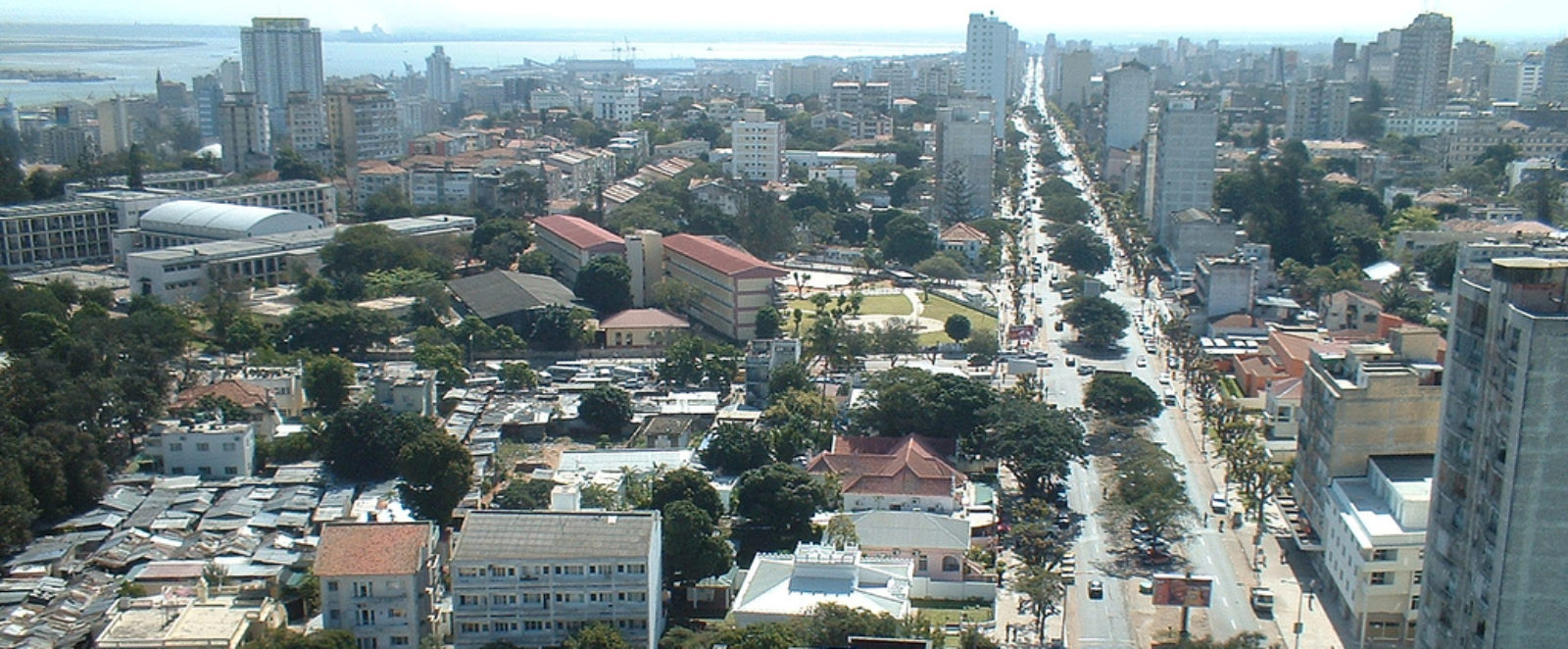Introduction
Like in many cities in the Global South, urban dwellers in sub-Saharan Africa experience severe sustainability challenges concerning their electricity systems which conventional responses cannot fix. Despite governmental ambitions to universalize access to electricity networks, energy users and (co-) providers have developed a diversity of collective and individual solutions at the edge of, in the interstices of, or simply in place of universal electricity networks and beyond conventional models in energy supply and use. Applying concepts of postcolonial debates to urban sustainability studies, this project assumes that existing heterogeneous demand and supply options are key to understand and foster urban energy transitions. The key objective is to identify pragmatic pathways to sustainable energy systems in African cities by exploring how to better coordinate different use and service provision channels.
Based on empirical studies in Dar es Salaam (Tanzania) and Maputo (Mozambique), the project will develop and disseminate tools and guidelines applicable to other urban contexts in the Global South. The project establishes trans-disciplinary partnerships between researchers in the Netherlands, Tanzania and Mozambique as well as a broad range of local, national and international stakeholders.
Specific objectives
In order to achieve the key objective, the team works on the following specific issues:
- The development of a typology of socio-technical constellations in the service (co-)provision, use and regulation of energy services: Together with local stakeholders in Dar es Salaam and Maputo, we will advance the knowledge on the heterogeneous socio-technical constellations and practices in energy use and supply with which developers must engage at every step of service provision.
- The creation of an understanding of the interplay and hybridity of these types of service provision and use and their anticipation in infrastructure management and design: We will make legible how heterogeneous constellations co-exist, overlap, interfere and compete, and how community initiatives, utility companies, public administrations and international stakeholders can engage with the infrastructural heterogeneity.
- The review and analysis of tools and frameworks for sustainability assessment: Based on Communities of Practice (CoP) with local practitioners and through collaboration with international stakeholders, we will identify the multiplicity of existing frameworks local stakeholders have to cope with on a daily basis. We aim to understand how these are used and adapted, and how they can be better aligned in future for improved outcomes with regards to the SDGs.
- The co-design of governance guidelines that systematically address the heterogeneity of energy supply: Together with the CoP, the advisory board and international stakeholders, we will co design governance guidelines for local governments and development agencies to: a) tackle the externalities of different service providers and energy solutions while preserving flexibility over the existing dynamism and creativity and to reflect the providers’ and users’ conflicting requirements; and b) develop procedural guidelines for better coordination of multiple stakeholders.


